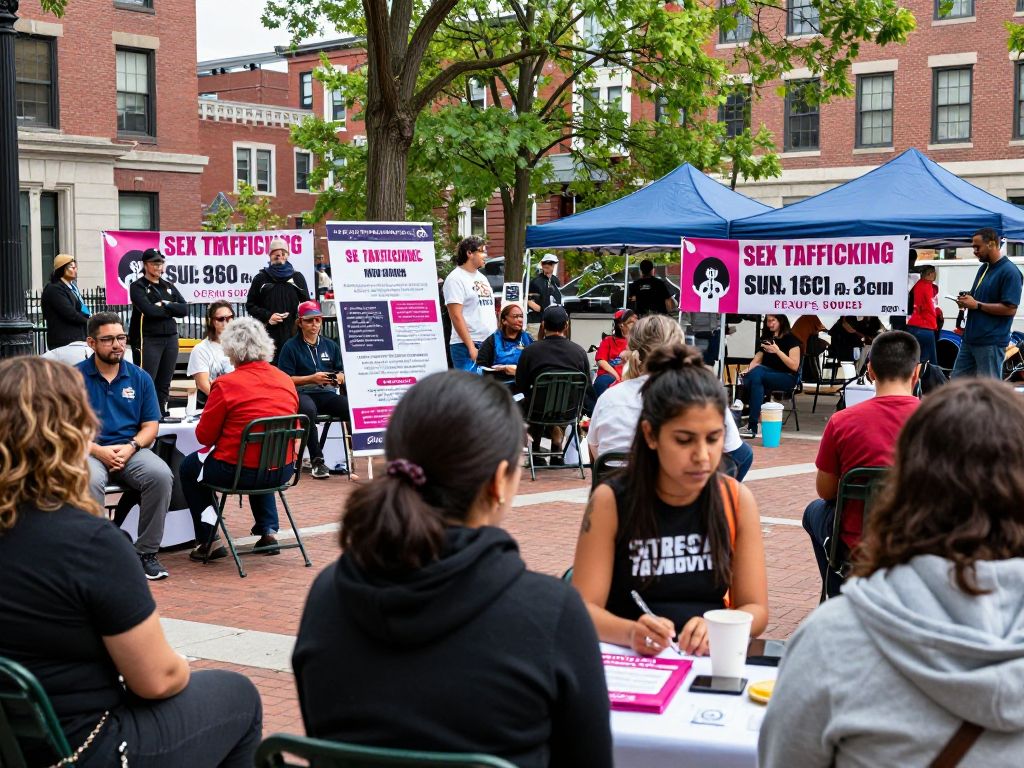News Summary
Massachusetts Governor Maura Healey’s proposed budget for FY 2026 includes a cap on tax deductions for charitable donations, impacting nonprofits across the state. The proposed limit of $5,000 for individual donors and $10,000 for married couples could save the state approximately $165 million while raising concerns among charities reliant on donations. Nonprofits fear that the cap may lead to decreased contributions, particularly from high-income donors, complicating their funding strategies. The budget is currently under legislative review ahead of its proposed implementation on July 1, 2025.
Boston – Massachusetts Governor Maura Healey’s proposed budget for Fiscal Year 2026 includes a significant change that could impact charitable giving across the state. The proposal suggests capping state tax deductions for charitable donations at $5,000 for individual donors and $10,000 for married couples filing jointly. This cap aims to save the state approximately $165 million amid increasing spending pressures and declining tax revenues.
Currently, there is no limit on charitable deductions in Massachusetts, making this proposed change a notable shift in state tax policy. The budget was submitted in January 2025, and it is now under review by the Massachusetts Legislature, specifically the Senate Ways and Means Committee, which is working to finalize the budget before its effective date of July 1, 2025.
Many nonprofit organizations have expressed serious concern over the proposed cap, particularly those that rely heavily on charitable contributions. For instance, Bridge Over Troubled Waters, an organization focused on providing support to homeless and at-risk youth, stated that individual donations contribute $2 million to their overall budget of $12 million. The proposed cap could significantly diminish funding, hampering their ability to offer essential services.
Nonprofits fear that a cap on deductions would lead to a decrease in donations, especially from high-income individuals who stand to benefit the most from unlimited deductions under the current system. The Massachusetts Nonprofit Network, which represents more than 700 charities in the state, is actively opposing the cap. They argue that instead of reducing charitable giving, there should be efforts to encourage it, highlighting the vital role that nonprofits play in community well-being.
The state charitable deduction has had an inconsistent history since its approval by voters in 2000. It was suspended in 2002 and again in 2021, with donors able to claim this deduction for only three years: 2001, 2023, and 2024. Experts in the field note that the current structure benefits wealthy individuals disproportionately, as more than 50% of the financial benefits of the deduction go to those with incomes exceeding $1 million. Proponents of the cap argue that it could help create a more equitable tax system by reducing the financial advantages given to high-income earners.
Furthermore, the proposed changes may alter the way donations are strategized among potential donors. Financial planners suggest that the cap might lead to reduced large contributions, as taxpayers may feel less inclined to accelerate their donations to maximize tax benefits under a limited deduction framework. Nonprofits typically depend on both government grants and individual contributions, indicating that losing a significant source of income could have dire consequences for many organizations.
Governor Healey has acknowledged the challenges facing nonprofits, particularly in light of potential cuts to federal funding. She has also indicated a willingness to revisit the proposed cap if warranted. The current budget proposal includes significant funding allocations for several key programs, including $765 million for the Massachusetts Bay Transportation Authority (MBTA) and $170 million for universal free school meals. Overall, the budget represents a 2.6% increase compared to the previous fiscal year, FY2025.
Concerns regarding the potential negative effects on cultural nonprofits have also emerged, with organizations such as the Massachusetts Cultural Council stressing the risks affiliated with limiting charitable deductions. The discussion around this proposed cap underscores the broader fiscal challenges faced by the state as it strives to balance economic needs with the imperative of supporting crucial community organizations.
Deeper Dive: News & Info About This Topic
- Boston Globe: Massachusetts Charitable Deduction Proposal
- Google Search: Massachusetts Charitable Deduction
- New Bedford Guide: Governor Healey Pushing to Cap Charitable Donations
- Google Scholar: Charitable Donations Massachusetts
- CBS News: Larry Lucchino Home Sale for Charity
- Encyclopedia Britannica: Charitable Donations
- Patch: Larry Lucchino’s Home Sale for Charity
- Google News: Massachusetts Nonprofit Funding
- People: Kenny Chesney Donates to Massachusetts Nonprofits
- Bowditch: Massachusetts Tax on Charitable Contributions

Author: STAFF HERE BOSTON WRITER
The BOSTON STAFF WRITER represents the experienced team at HEREBoston.com, your go-to source for actionable local news and information in Boston, Suffolk County, and beyond. Specializing in "news you can use," we cover essential topics like product reviews for personal and business needs, local business directories, politics, real estate trends, neighborhood insights, and state news affecting the area—with deep expertise drawn from years of dedicated reporting and strong community input, including local press releases and business updates. We deliver top reporting on high-value events such as Boston Marathon, Head of the Charles Regatta, and Boston Harborfest. Our coverage extends to key organizations like the Greater Boston Chamber of Commerce and Associated Industries of Massachusetts, plus leading businesses in finance, biotech, and insurance that power the local economy such as Fidelity Investments, Biogen, and Liberty Mutual Insurance. As part of the broader HERE network, we provide comprehensive, credible insights into Massachusetts's dynamic landscape.





